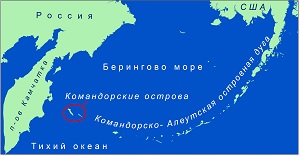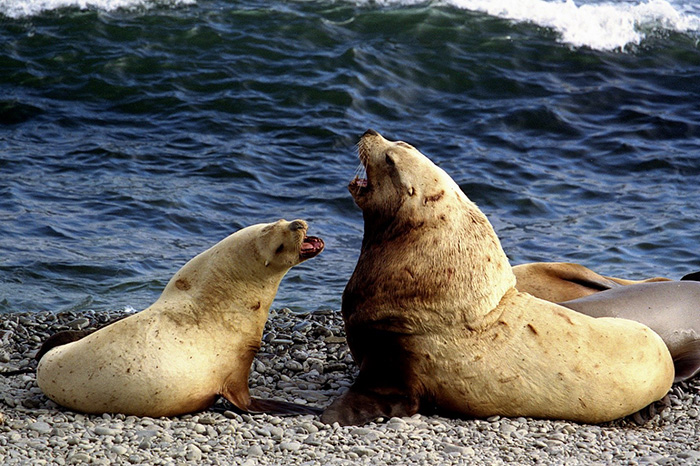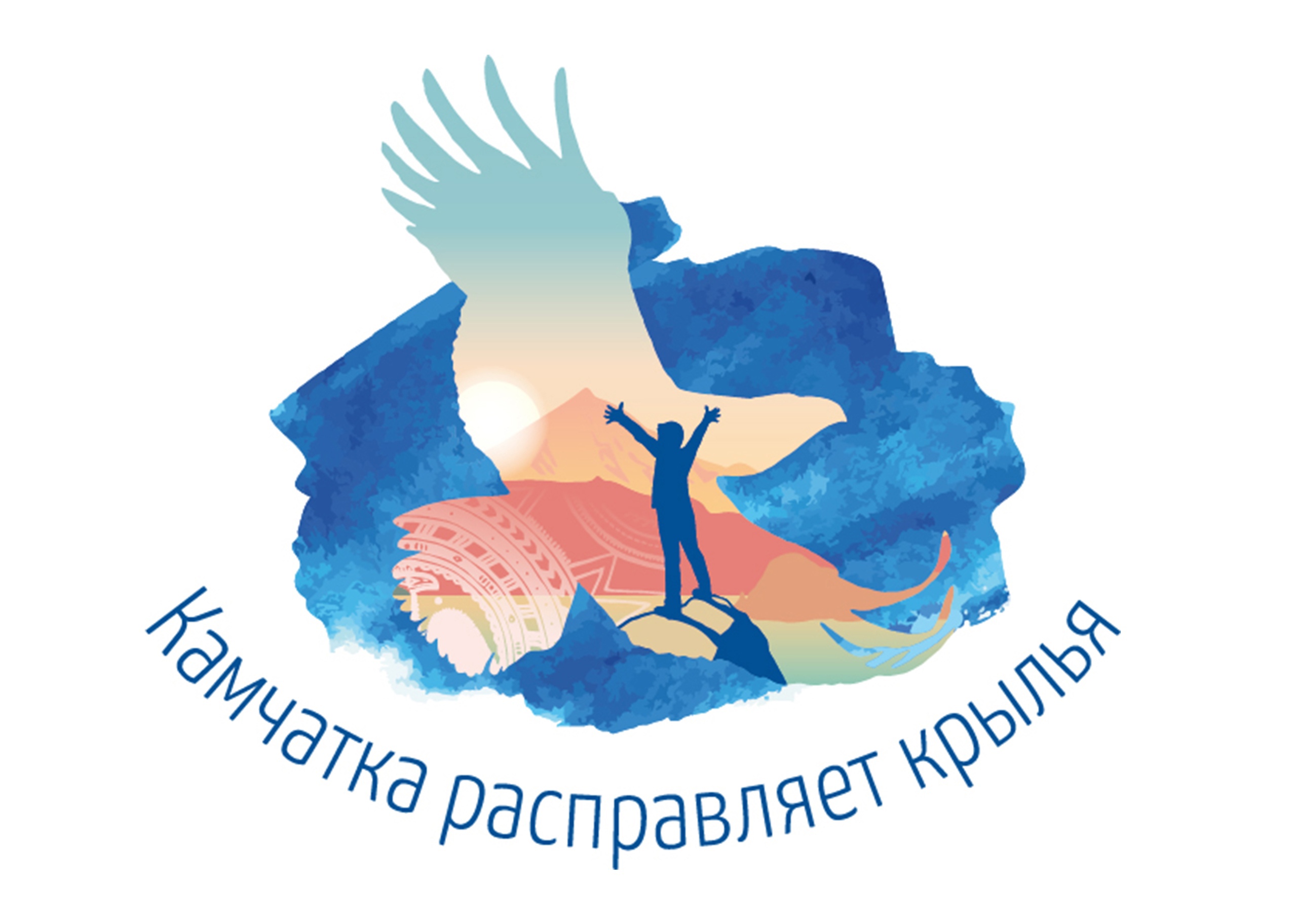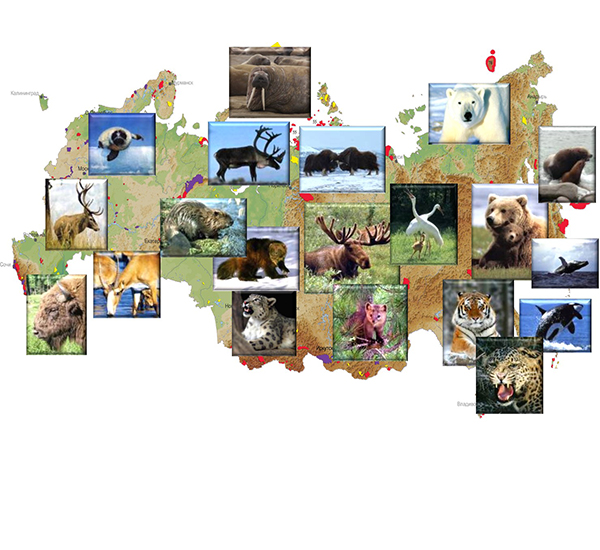South Africa continues a large-scale project to restore the Goukou Valley. In past releases, we've learned how BR employees are fighting alien tree species that undermine local flora. This time, colleagues share the experience of creating a nursery of native plants. The nursery created in 8 months will help to grow local rare species, such as Grewia occidentalis with fancy quadrangle fruits or carissa - an ornamental plant with fragrant flowers that attract pollinators. Growing plants in the planting region makes the seedlings more adaptable to local conditions and increases the chances of successful survival. Nursery staff plan to expand the list of plants and master the cultivation of aquatic species.
.jpg)
The new nursery is equipped with an irrigation system for proper watering
In Madagascar, professional fishermen can now get special cards. The objectives of the initiative include identifying fishermen, establishing professional associations, conducting trainings and courses on modern fishing methods, as well as helping to develop areas far from the shore. This will prevent excessive fishing near the coast of the island and rapid exhaustion of the resource. In 2020, 440 people received such certificates and 11 associations were established.
.jpg)
The fight against invasive species preserves the island's native nature of the island
On the island of La Palma, the biosphere reserve has been fighting back against invasive plant species for years. The new project will allow large-scale monitoring of the island's flora to identify the areas of alien species and compile a complete list of them. A team of specialists has already conducted research on the island and found about 500 listed plant species. The next step was to develop a strategy of combat and work on the ground. Participants have already managed to remove about 450 kilograms of Senecio viscosus, but most of the work is yet to come.
The Fitzgerald Biosphere Reserve in Australia has hosted the magnificent WildFlower Show in September 2020. Created by volunteers, the festival was the largest of its kind. Many typical and rare species of amazing Australian flora could be seen at the exhibition, and at lectures and excursions participants could continue to immerse themselves in the local nature. The pandemic has little affected Western Australia, so the show was extremely successful.
.jpg)
The Wild Flower Show was the largest of its kind
Colleagues from the Republic of Korea have developed a tool to support local farmers and the cultural diversity of Jeju Island. Tourism, agriculture and fishing are the main economic activities on the island. Jeju Island has created a program to help local businesses in marketing. Local firms that care about the quality of the product and the environment can get the right to place on their products a special logo, which has become a sign of quality. Experience has shown that such branding companies boost income of businesses and strengthen local economy.
.jpg)
Laysan albatross in the waters of Bering Island. Photo by Dmitry Pilipenko
The Commandor Islands Nature and Biosphere Reserve shared plans for a large-scale educational program, which will be aimed at promoting birdwatching on the Commander Islands, Kamchatka and beyond. Birds connect continents and travel all over the planet. Observing these delightful creatures will not only give us a chance to feel closer to their world, but will also convey our respect for links in nature. Stay tuned!
For more news from around the world, read more in the 18th issue of the newsletter.









